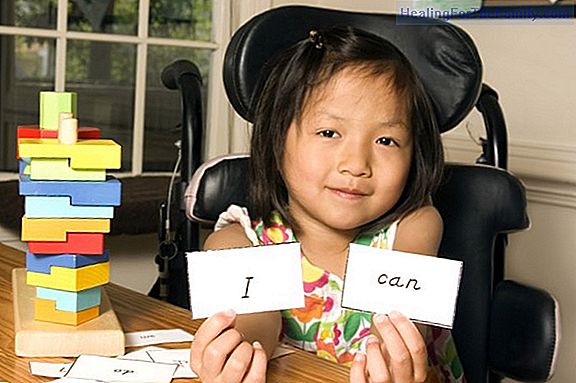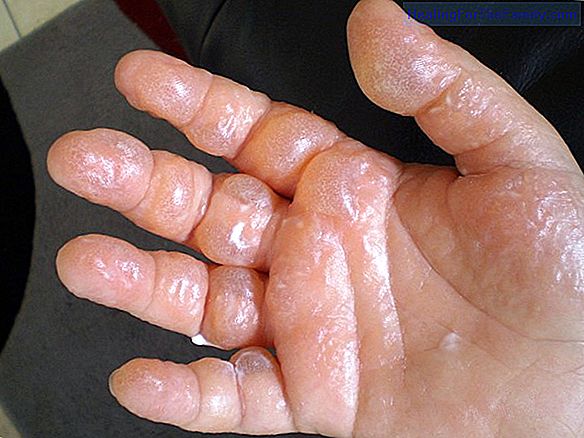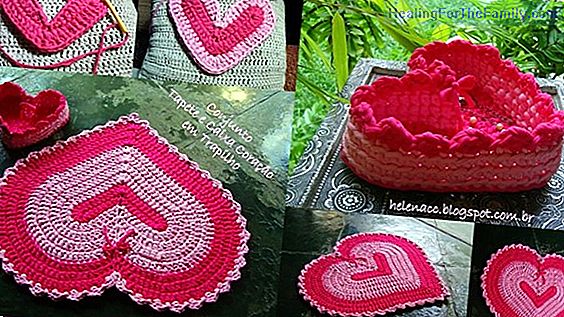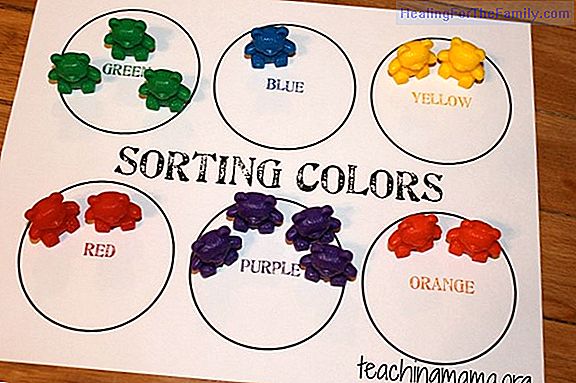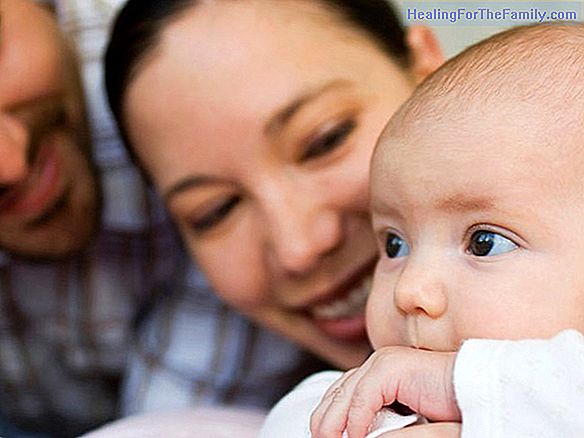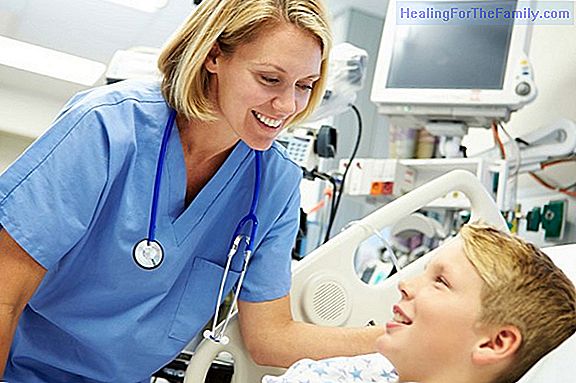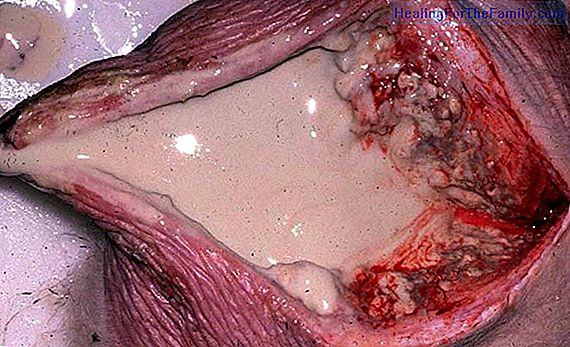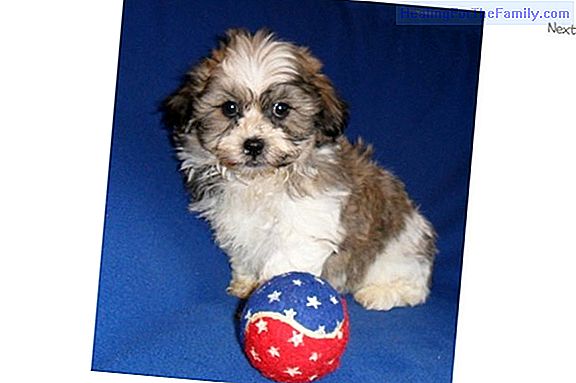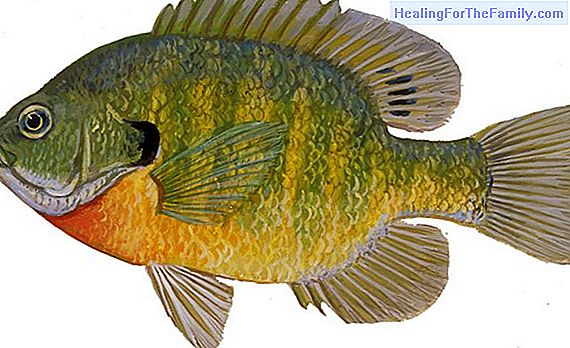Feeding to fight the heat in babies under 2 years
If the arrival of high temperatures is a stress in our adult body, it is easy to imagine that children have it even more complicated. However, the population that suffers the most from the heat is babies, for which it is terribly stressful. When the temperature of the environment is high, the body r
If the arrival of high temperatures is a stress in our adult body, it is easy to imagine that children have it even more complicated. However, the population that suffers the most from the heat is babies, for which it is terribly stressful.
When the temperature of the environment is high, the body requires extra energy to regulate body temperature, trying not to exceed the barrier of normality. For this, adults resort to hydration (voluntary) and sweating (involuntary). Babies can not voluntarily hydrate, and their ability to perspire is very limited, so that their temperature is not only harder to maintain stable but can rise in a fulminating manner. We tell you how to manage the diet to fight the heat in 2-year-old babies.
Feeding that helps to fight the heat in babies under 2 years
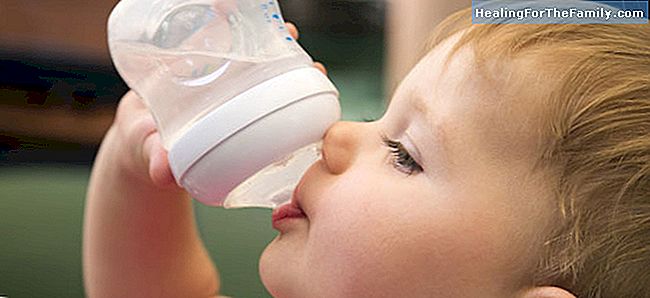
We must always be alert to any signs of dehydration, such as an increase in temperature, a restless baby or, on the contrary, very lethargic, and / or with a labored breathing, But above all, we must take into account some tips that can make the heat somewhat more bearable. Take into account these eating guidelines to combat heat in babies under 2 years of age:
- Babies under 6 months old should not take any food other than breast milk or formula, so the water is out of the discussion However, to maintain proper hydration, infants need an extra supply of fluids. The recommendations usually suggest approximately 50% more milk, to replace the liquids that are lost with sweat and with the increase in temperature. Babies fed on demand with breast milk will be more naturally demanding, and their intakes will be shortened to obtain more moisturizing milk, since the milk at the beginning of the intake contains more water. Babies fed formula can demand more too, but if the baby does not demand, it is convenient to offer their formula more often. Formula milk should never be made with more water, thinking that this will help the baby's hydration.
- Babies older than 6 months can drink water, always in small quantities. Other fluids such as juices or infusions prepared for babies should be avoided, since they contain too much sugar. Water is the most hydrating and healthy fluid we can offer our little ones.
- Up to 2 years of age, and once the baby has started complementary feeding, they can strategically offer foods whose water content is high to make their hydration more varied. Fruits such as strawberries, melon or watermelon are tremendously refreshing and a very suitable option for pool afternoons. Citrus fruits are also very moisturizing, but always bearing in mind that the fruit is much healthier than juice, even if it is natural.
When children overcome the barrier of 2 years the risk of overheating and dehydration decreases, although it is always necessary to offer tools to combat the heat and accustom them to drink water not only with meals but between hours.

